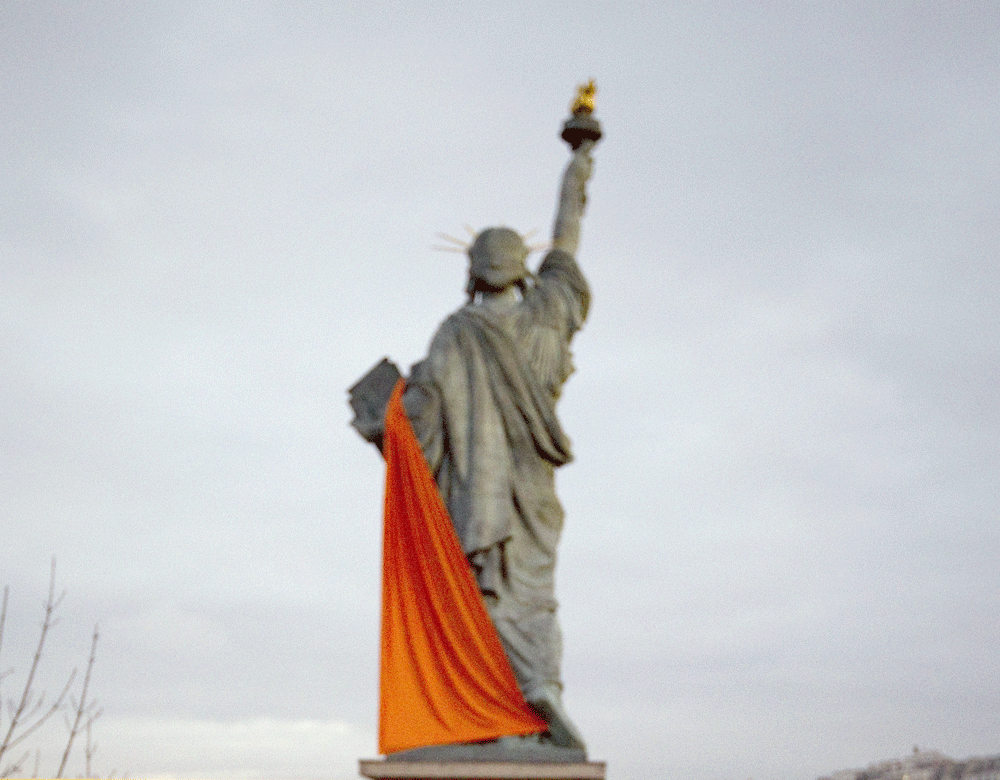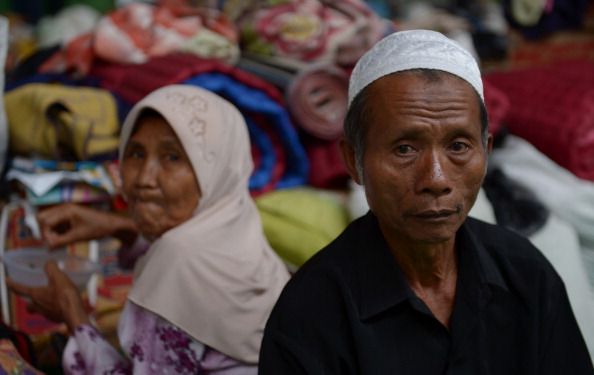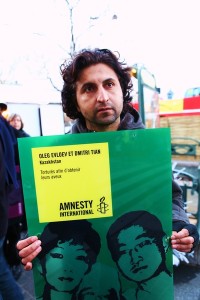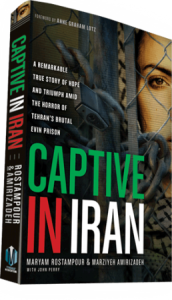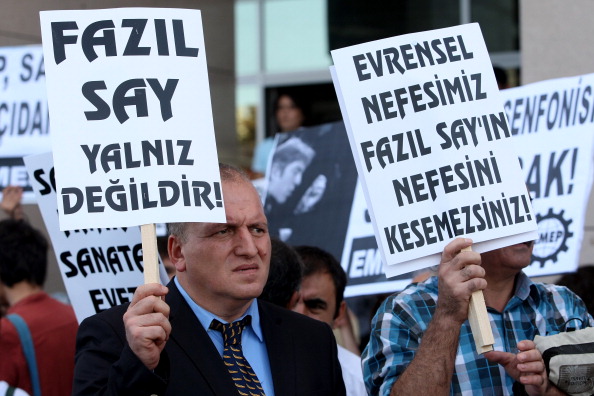A week after a New Year’s Day attack on a Copt church left 21 Egyptians dead and 79 wounded, it’s still hard to express in words the kind of madness behind the assault. But it’s not hard to say this: The State of Emergency, which Egypt’s parliament just renewed, isn’t protecting anyone but the government.

Egyptian Copt Elham Ayyub (L), a 44-year-old survivor of the New Year's Day church bombing in Alexandria, talks to wellwishers outside her house in Egypt's Mediterranean port city on January 3, 2011, three days after the bombing in which 21 people were killed, targeting Egypt's Christian communicty, the biggest in the Middle East. MOHAMMED ABED/AFP/Getty Images
Obviously Egypt’s Copts feel the same. In the aftermath of the explosion, many took to the streets to demand for their rights, for an end to the discrimination they face, and for the government to provide legitimate protection from bombings. But instead of protection, when these people took to the streets to demand something from the government, they were met by security officials and violence ensued.
That’s the fate of most Egyptians, not just the Copts. For decades incidents of armed violence have been met with new and greater powers for security forces, most of which are used not against armed groups but against everyday citizens. Whether it systematic torture by police or continual assault on any meeting of the citizenry, most of the abuses against the citizens gain its “legitimacy” from powers taken by the Mubarak regime in the name of order and national security.
There’s a lot to say about the horrible attack on the Copt Church. Already much of the discussion has been overtaken by conspiracy theory. But this is no conspiracy: The Egyptian government depends on armed violence to justify its anti-democratic and anti-human rights powers. The authority bestowed upon it by the State of Emergency – now entering its fourth decade — hasn’t protected anyone in Egypt; it’s merely given the government the ability to put more people at risk.
What the Copts of Egypt need right now is the same thing every Egyptian needs: Freedom of expression, both in religious speech and the ability to meet in the streets without getting beat by security forces; a working legal system that actually looks to protect people, one free from torture and unfair trials and based on the rule of law rather than impunity; and a political system that is open to everyone rather than the politically favored. The place to start on all of these accounts is to end the State of Emergency.
Update: Amnesty International released this statement Jan. 5 condemning the attack on the church and calling for improved protection of Copts.
